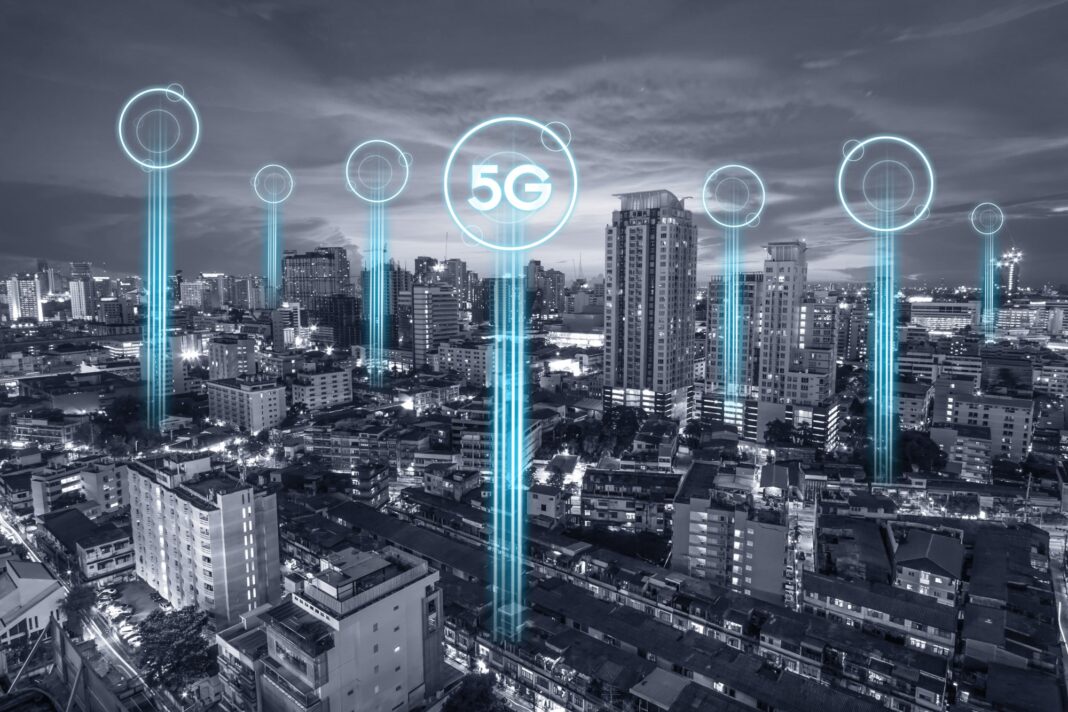Embracing 5G technology is crucial for building connected and sustainable smart cities, and CIOs play a significant role in driving this transformation. Here are key strategies for CIOs to consider in leveraging 5G for smart cities:
Understand the benefits of 5G: Familiarize yourself with the capabilities and advantages that 5G technology brings to smart cities. These include high-speed connectivity, low latency, massive device connectivity, network slicing, and edge computing. Understand how these features enable innovative applications and services in areas such as transportation, healthcare, energy, public safety, and environmental sustainability.
Collaborate with stakeholders: Establish partnerships and collaboration with key stakeholders, such as city governments, telecommunications providers, technology vendors, and industry organizations. Work together to define the smart city vision, goals, and roadmap. Engage in public-private partnerships to leverage resources, expertise, and funding for implementing 5G infrastructure and smart city projects.
Develop a comprehensive strategy: Create a robust strategy that outlines how 5G will be integrated into the smart city infrastructure. Identify specific use cases and applications that will benefit from 5G connectivity, such as smart transportation systems, intelligent energy grids, remote healthcare services, and environmental monitoring. Align the strategy with the city’s overall objectives for sustainability, efficiency, and quality of life improvement.
Plan for 5G infrastructure deployment: Work with telecommunications providers to plan and deploy 5G infrastructure throughout the city. Identify optimal locations for 5G base stations, small cells, and antennas to ensure widespread coverage and capacity. Consider the unique requirements of each use case and prioritize deployment accordingly. Collaborate with urban planners and architects to integrate infrastructure elements seamlessly into the city landscape.
Enable data sharing and interoperability: Facilitate data sharing and interoperability among different city systems and stakeholders. Develop open data standards and APIs that allow for seamless integration of data from various sources. Enable real-time data exchange and collaboration to support smart city applications and services. Ensure proper data governance and privacy measures are in place to protect sensitive information.
Foster innovation and entrepreneurship: Encourage the development of innovative applications and services by creating an environment that supports startups, entrepreneurs, and developers. Provide access to testbeds, sandboxes, and funding opportunities for pilot projects. Support initiatives that promote the use of 5G technology in addressing urban challenges and improving citizen experiences.
Enhance cybersecurity measures: Recognize the increased cybersecurity risks that come with the proliferation of connected devices and data exchange in a 5G-enabled smart city. Implement robust cybersecurity measures, including encryption, authentication, and intrusion detection systems. Collaborate with cybersecurity experts to ensure the security and integrity of the smart city infrastructure and data.
Engage citizens and address concerns: Involve citizens in the decision-making process and keep them informed about the benefits and implications of 5G technology in their daily lives. Address any concerns related to health, privacy, and digital divide. Conduct public awareness campaigns and educational initiatives to foster acceptance and understanding of 5G technology and its positive impact on the city.
Monitor and evaluate performance: Establish metrics and performance indicators to monitor the progress and impact of 5G-enabled smart city initiatives. Regularly assess the effectiveness of implemented projects and use the insights gained to refine strategies and make informed decisions. Continuously seek feedback from citizens and stakeholders to ensure the smart city initiatives align with their needs and expectations.
Stay updated on emerging technologies: Keep abreast of emerging technologies and trends in the smart city space, including Internet of Things (IoT), artificial intelligence (AI), and edge computing. Understand how these technologies can complement and enhance the capabilities of 5G for smart cities.








